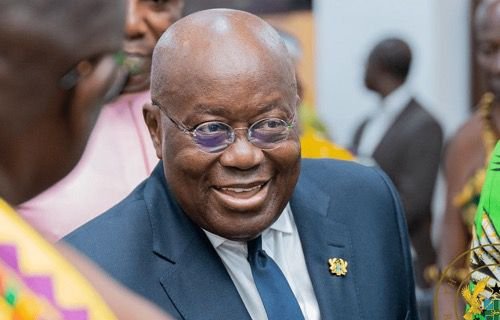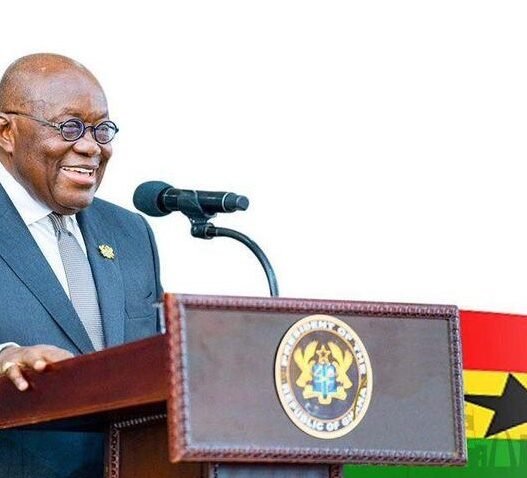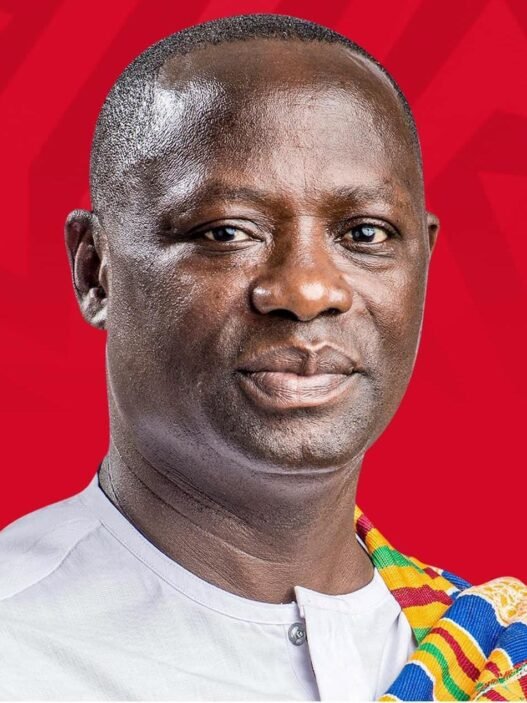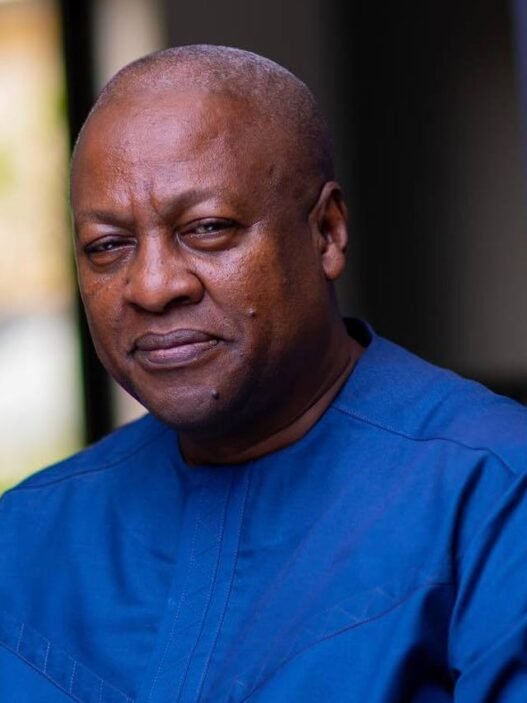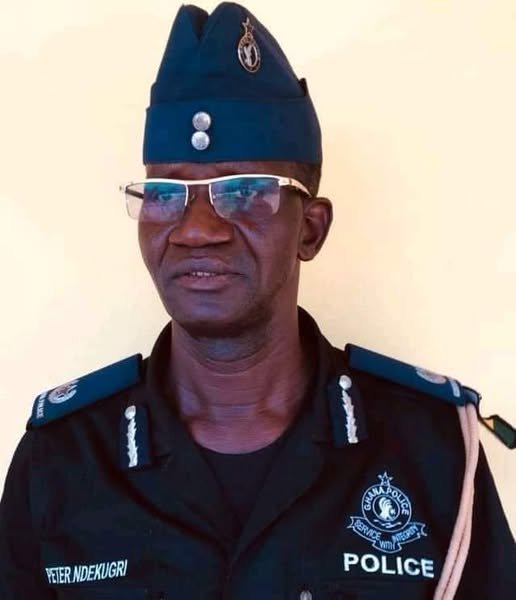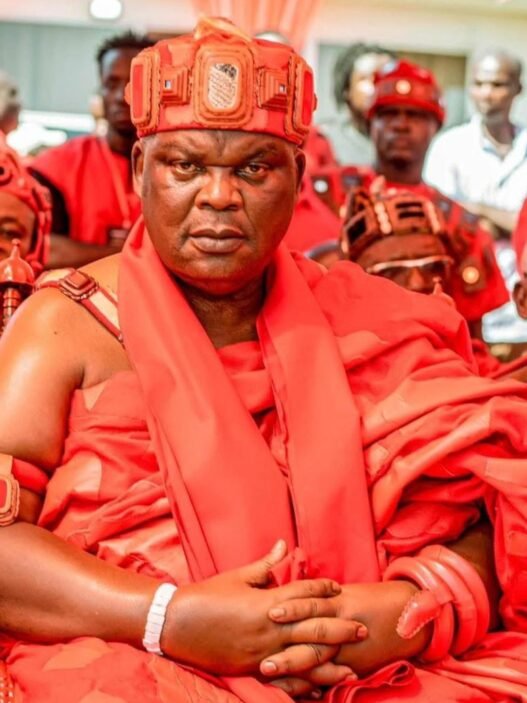On Friday, January 3, 2025, outgoing President Nana Addo Dankwa Akufo-Addo delivered his final State of the Nation Address (SONA) to the 8th Parliament of Ghana. This comprehensive speech encapsulated his administration’s successes, setbacks, and aspirations for Ghana as he prepared to transition power to President-elect John Dramani Mahama. Spanning critical sectors, the address was both a reflection on his legacy and a vision for the nation’s future.

Setting the Tone: A Farewell and a Commitment
“This is a moment of mixed emotions,” President Akufo-Addo began, expressing gratitude for the privilege of serving Ghana for eight years. He thanked Ghanaians for their resilience, unity, and support through the challenges his administration faced, including the COVID-19 pandemic, global economic pressures, and regional instability.
Governance and Security: Safeguarding Ghana’s Stability
Akufo-Addo highlighted his administration’s success in maintaining Ghana’s stability amidst regional threats.
- Preventing Terrorism: Despite rising terrorist activities in West Africa, he credited Ghana’s intelligence agencies and military for averting attacks within the country.
- Resolving Chieftaincy Disputes: He cited the resolution of the Dagbon chieftaincy crisis as a landmark achievement. However, he expressed regret over the ongoing conflict in Bawku, which remains unresolved despite government efforts.
- Judicial Reforms: Akufo-Addo commended the judiciary for its role in ensuring rule of law and protecting Ghana’s democratic institutions.
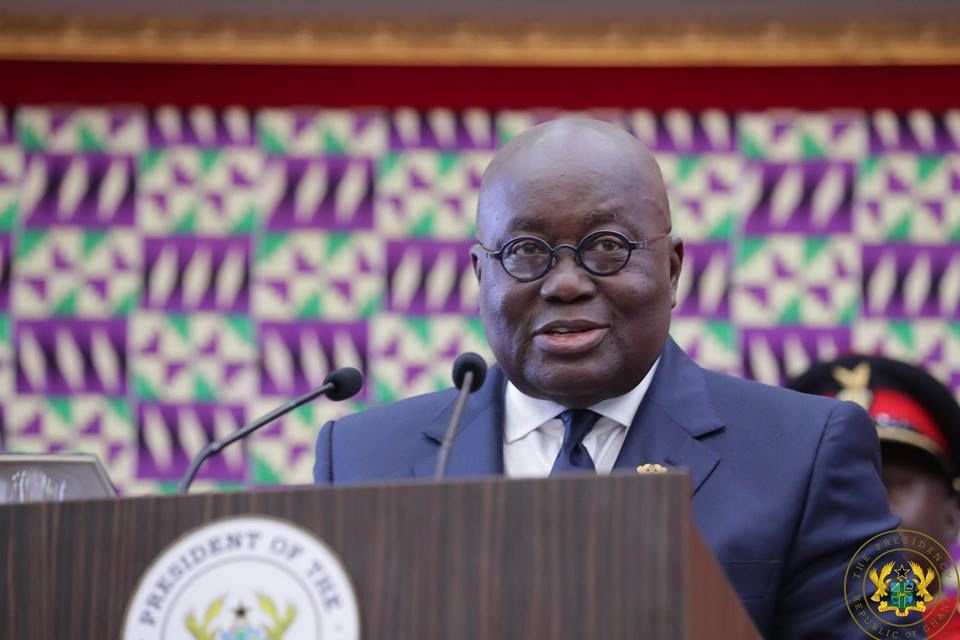
Economic Recovery Amid Global Challenges
The President outlined the economic hurdles Ghana faced, including the COVID-19 pandemic’s impact, the Russia-Ukraine war, and global inflationary pressures. He lauded his administration’s efforts to stabilize the economy through the IMF-supported Post-COVID Programme for Economic Growth (PC-PEG).
Key Economic Metrics:
- Economic Growth: The economy rebounded to a projected growth rate of 6.3% in 2024, up from a contraction during the pandemic.
- Debt Reduction: Public debt decreased to 67% of GDP in 2024, down from over 80% in 2023, aided by the Domestic Debt Exchange Programme (DDEP).
- Foreign Reserves: Ghana’s foreign reserves increased to $8 billion, ensuring a stable cedi and improved investor confidence.
Social Interventions: Transforming Lives
Education
The President hailed the transformative impact of the Free SHS and Free TVET programs, which provided education to over 5.7 million students since their inception. “Education is the most effective investment we can make for our future,” he emphasized.
- Expansion of infrastructure included new classrooms, laboratories, and dormitories across all regions.
- Strengthened teacher training programs ensured a higher quality of education delivery.
Healthcare
Under the ambitious Agenda 111 initiative, the government aimed to construct 111 district and regional hospitals.
- 87 projects were at advanced stages of completion by the end of 2024.
- The revitalization of the National Ambulance Service increased the fleet to 350 ambulances nationwide, improving emergency response times.
Infrastructure Development: Building the Nation
Akufo-Addo described infrastructure as the backbone of national development.
- Roads: His administration constructed over 11,000 kilometers of roads, the most by any government in Ghana’s history. Major projects included the Pokuase and Tema Motorway interchanges.
- Airports: Expansion projects at Kotoka International Airport and regional airports enhanced connectivity and boosted tourism.
- Railways: Revived railway lines, including the Accra-Tema and Takoradi-Tarkwa routes, marked progress in modernizing Ghana’s transportation network.
Industrialization and Agriculture: Driving Economic Diversification
Industrialization
Through the One District, One Factory (1D1F) initiative, 154 factories were operationalized, creating thousands of jobs and reducing Ghana’s reliance on imports.
Gold Refinery and Aluminum Development:
The establishment of a gold refinery in Accra and progress in the integrated aluminum industry demonstrated Ghana’s commitment to adding value to its natural resources.
Agriculture
Akufo-Addo highlighted the successes of the Planting for Food and Jobs (PFJ) program:
- Maize production increased by 110% from 2017 levels.
- Rice, cassava, and yam outputs surged, reducing reliance on food imports.
- Over 300 mechanization centers were established to support farmers with equipment and expertise.
Addressing Galamsey: A Costly Battle
The President admitted that the fight against illegal mining, or galamsey, had been one of the most challenging aspects of his tenure. Despite deploying military task forces and introducing stricter regulations, the practice persisted, causing environmental devastation and political backlash.
“The fight against galamsey has come at a high political cost,” Akufo-Addo acknowledged. He urged future administrations to continue efforts to balance resource exploitation with environmental sustainability.

Reflections on Challenges and Regrets
While proud of his administration’s achievements, Akufo-Addo admitted that not all targets were met.
- Incomplete Agenda 111 Projects: Only 87 of the planned 111 hospitals were near completion.
- Youth Unemployment: Despite job creation efforts, unemployment among young Ghanaians remained a pressing issue.
A Message to His Successor
Akufo-Addo extended congratulations to President-elect John Dramani Mahama, expressing optimism for Ghana’s continued progress under new leadership. “Our democracy has matured, and the peaceful transition of power reaffirms Ghana’s position as a beacon of stability in Africa,” he stated.
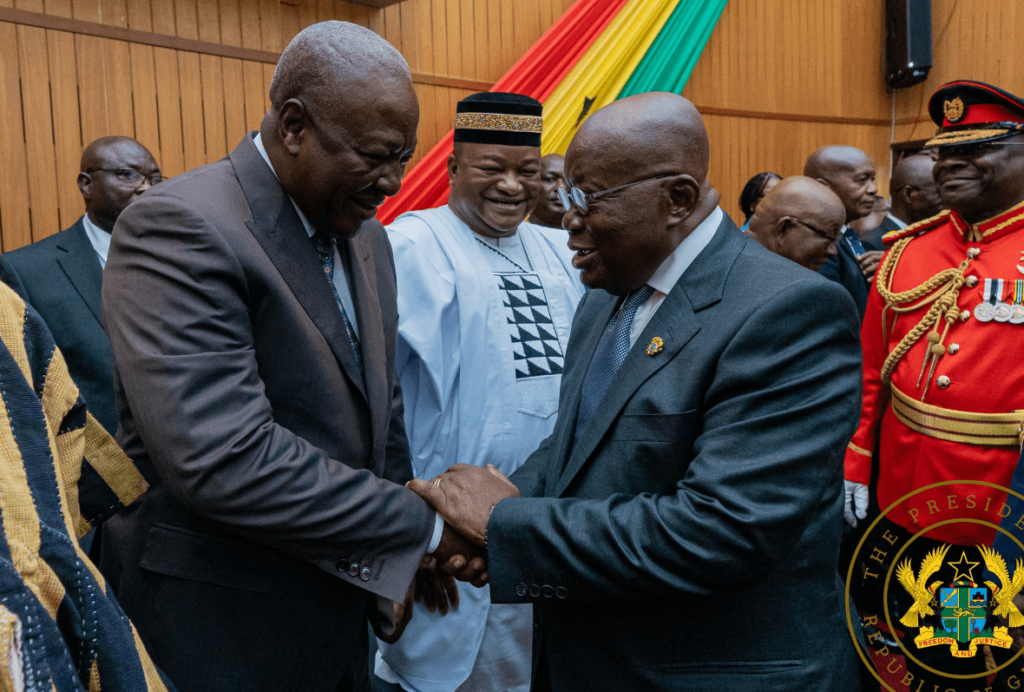
Legacy Reflections and Call to Unity
Akufo-Addo concluded his address with a call for unity and a shared commitment to Ghana’s development.
- “Our work is far from over, but I am confident that the foundation we have laid will serve as a springboard for greater achievements.”
- He thanked Ghanaians for their trust and resilience, urging all citizens to support the incoming administration in addressing national challenges.
Looking Ahead
As the 8th Parliament of the 4th Republic prepares to dissolve on January 6, 2025, Akufo-Addo’s final address serves as both a summation of his tenure and a roadmap for future leadership. His reflections highlight the complexity of governance and the enduring hope for a brighter Ghana.
Download President Nana Akufo-Addo’s full speech below:









